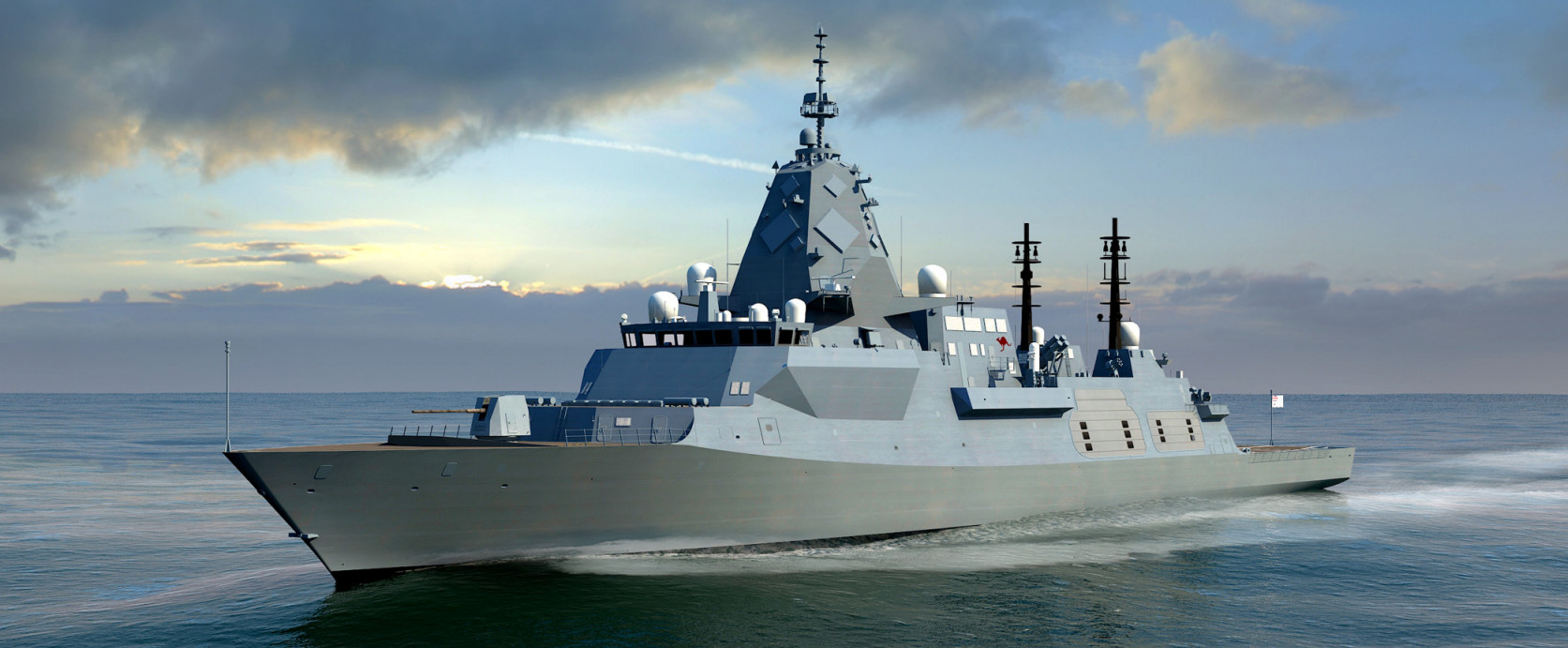Australia has allocated almost $14 billion for the construction of frigates

The Australian Ministry of Defence will receive approximately USD 13.7 billion to support the Hunter frigate programme.
Here's What We Know
The funds will be used to support the construction of the first three ships and the creation of infrastructure for all six planned ships.
"The government has approved $19.87 billion for the construction of the first three ships, as well as other items to support the future six-ship fleet. This will include infrastructure and lease costs for the Osborne Naval Shipyard, combat systems, spare parts, training and tools, as well as one-off costs associated with establishing a domestic and international supply chain," said a spokesperson for the Australian Ministry of Defence.

These funds are in addition to the previously allocated USD 12.66 billion for the design, production and construction of new frigates.
In addition, in June 2024, the Australian Department of Defence signed a USD 7.66 billion contract with ASC Shipbuilding to build three Hunter-class frigates in the Batch One modification. The design and production set-up cost $5 billion.
The new financing will raise the cost of one frigate to more than $2.55 billion.
Flashback
The Hunter frigate programme is designed to enhance the anti-submarine capabilities of the Australian Navy. These frigates will replace the old Anzacs, which no longer meet modern requirements. The programme was launched in 2015, and the first frigate is expected to enter service in 2031, and the sixth by 2036.
The design of the Hunter frigates is based on the British Type 26 ships. The ships will have a displacement of 8,800 tonnes, a length of 151.4 metres and a beam of 21.4 metres. They will be able to reach speeds of over 27 knots and have a range of up to 13,000 kilometres. The crew will consist of approximately 180 people.
Source: Australian Defence